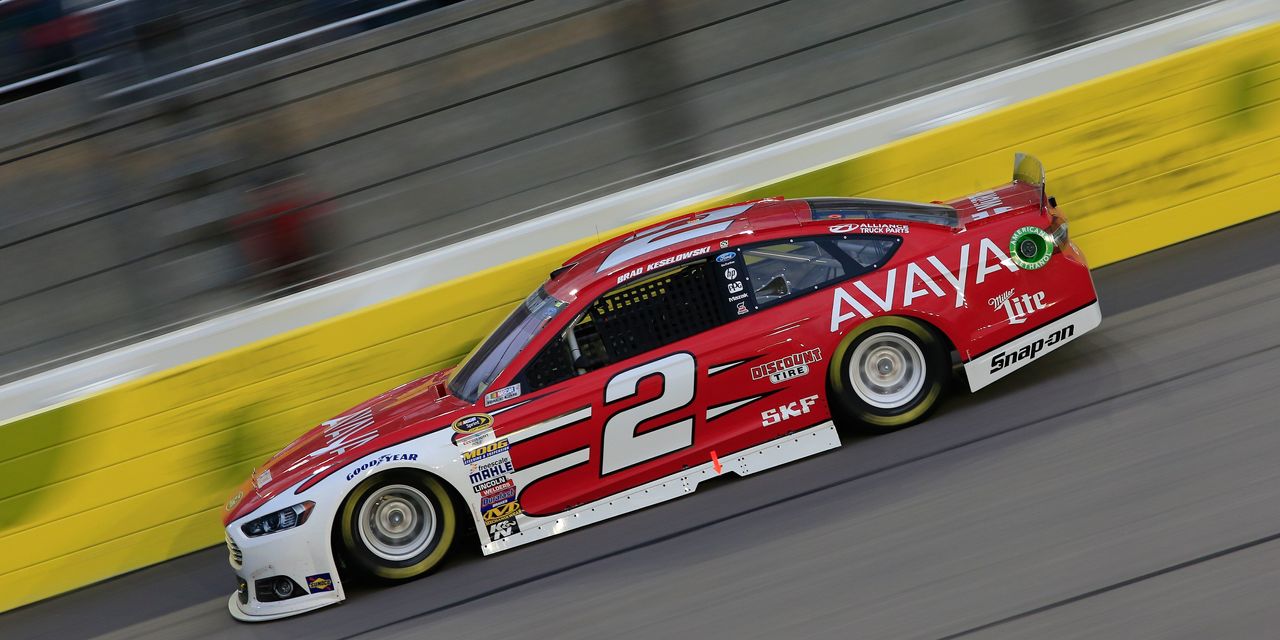A $600 million debt deal arranged for beleaguered business communication company Avaya Holdings Corp. quickly went bad, according to The Wall Street Journal.
The WSJ reported Tuesday that Goldman Sachs Group Inc.
GS,
and JPMorgan Chase & Co.
JPM,
arranged the debt deal, selling bonds and loans for Avaya
AVYA,
in late June. Citing people familiar with the matter, the WSJ report said investors included Brigade Capital Management LP and Symphony Asset Management LLC.
However, after Avaya said last month that it would miss its prior forecasts for adjusted fiscal third-quarter earnings and revenue targets, prices of the newly issued debt plummeted, according to the WSJ report. Investors who lent Avaya the money were hit with paper losses in excess of $100 million, the Journal reported, citing analyst commentary and data from MarketAxess and Advantage Data Inc.
Avaya has not yet responded to a request for comment from MarketWatch.
The company’s stock plunged 37.5% to toward a record-low close of 70 cents in afternoon trading Tuesday, after the tech company reported a third-quarter loss amid attempts to fix what new Chief Executive Alan Masarek describes as “operational and executional shortcomings.” The CEO also highlighted the impact of a “volatile economic environment.”
The tech company reported third-quarter revenue for the quarter to June 30 of $577 million, down 21.2% from the same period a year ago, and below the FactSet revenue consensus of $603.8 million. Last month Avaya announced its preliminary third-quarter results, forecasting sales of $575 million to $580 million, below its previous guidance.
The company reported Tuesday a net loss of $1.41 billion, or $16.27 a share, which included non-cash impairment charges of $1.27 billion, after net income of $43 million, or of 43 cents a share, in the prior year’s quarter.
On an adjusted basis, Avaya reported a loss of 24 cents a share, while analysts surveyed by FactSet were looking for earnings of 5 cents a share.
“Our preliminary financial results for the quarter reflect operational and executional shortcomings, amplified against the backdrop of a volatile economic environment,” said Masarek, who was named CEO last month, in a statement released on Tuesday. “We are taking aggressive actions to right-size Avaya’s cost structure to align with our contractual, recurring revenue business model.”
Avaya shares have fallen 96.5% in 2022, compared with the S&P 500 index’s
SPX,
decline of 13.6%.
